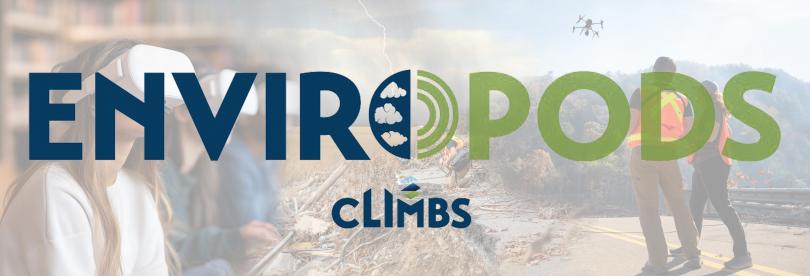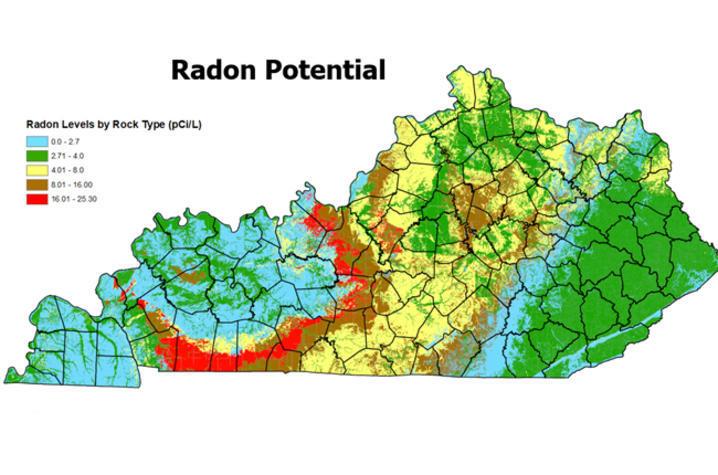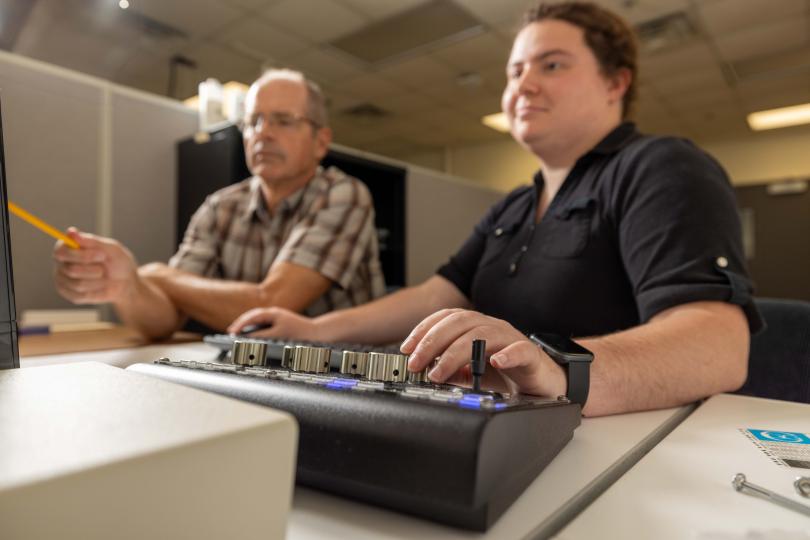Rast-Holbrook Seminar lecture and 2025 Distinguished Geology Alumnus presentation ceremony (EES Alumni Weekend)
Rast-Holbrook Seminar lecture by Prof. Jack Pashin (UK M.S. ’85, Ph.D. ’90) and 2025 Distinguished Geology Alumnus presentation ceremony.
Room 102 Mining and Mineral Resources Bldg.: [physical address = 310 Columbia Ave; also accessible from Rose Street, now called “Alumni Commons”]
---
Join fellow alumni, faculty, and friends for an evening of celebration and connection at the UK Geology Alumni Celebration.
More information




